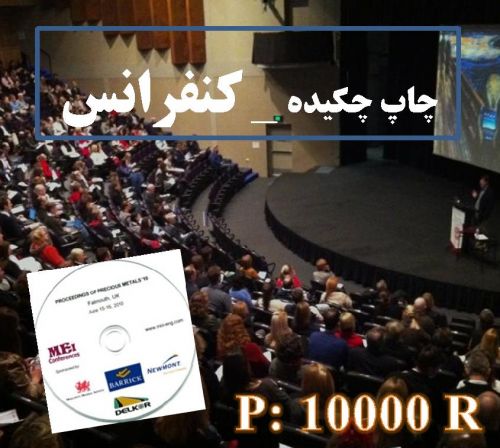Background and Objectife: Pain relief prevents severe complications and side effects and provides the pediatrics, a normal growth and development. The results of an extensive literature search indicate that nurses' viewpoints on inhibitors that affect their non-pharmacological intervention in pain managernent have rarely been sfudied especially through qualitative method. The purpose of this study was to g4rn a better understanding of nurses' viewpoints of inhibitors to use non-pharmacological methods postoperative pain management. Methods: A qualitative approach was adopted using content analysis of semi-strucfured interviews carried out with 17 registered nurses from four educational hospitals in Tehran city. The data were analysed using constant comparative method. Findings: Most of participants haven't got any training conceming pain management methods and acknowledged that they use non-pharmacological intervention in pain management based on their experiences. Methods of imagery, distractioq positive reinforcement, thermal regulation, massage and positioning frequently used compared to other methods. Main themes emerged from the data included: Heavy workload,/lack of time, lack of equipments, cultural problems, lack of educational preparation, and the child's inability to cooperate were the most commonly reported inhibitors. Conclusion: Any programmers for change must address the wider complex influences on inhibitors to use nonpharmacological intervention paifianagement. It must be included: evaluating the nursing curriculums, lack of equipments and environmental problems. Nurses may benefit professionally from openly sharing their experiences with their colleagues.
کلید واژگان :Nurse, Pain, Non- pharmacological pain management, pediatrics
ارزش ریالی : 200000 ریال
با پرداخت الکترونیک
جزئیات مقاله
- کد شناسه : 7148579166757731
- سال انتشار : 1390
- نوع مقاله : چکیده مقاله پذیرفته شده در کنفرانس ها(فایل کامل مقاله بارگزاری گردد)
- زبان : انگلیسی
- محل پذیرش : بيست وسومين همايش بين المللي بيماريهاي كودكان
- برگزار کنندگان : دانشگاه علوم پزشكي بهران , مركز تحقيقات رشد و تكامل كودكان
- تاریخ ثبت : 1395/11/11 19:24:27
- ثبت کننده : مجیده هروی کریموی
- تعداد بازدید : 276
- تعداد فروش : 0
